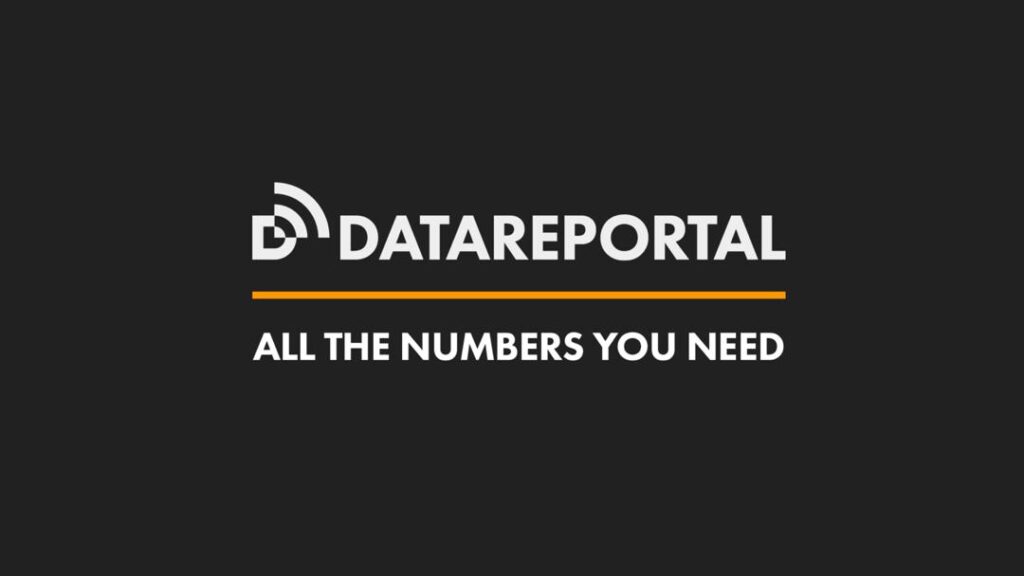
Accra, Ghana – New data and figures reveal a disconcerting reality: Ghana has emerged as the global leader in the proliferation of social media misinformation. This alarming trend, characterized by a surge in false information disseminated through online platforms, has far-reaching implications for the nation’s society, politics, and digital landscape.
The Data Speaks: Ghana’s Misinformation Challenge
Recent research conducted by a Joint Fact Checking Federation of independent fact-checking organizations namely Les Decodeurs, Corrective, Bufale.net, Full Fact, Logically, FactsCan and PolitiFacts in conjunction with social media monitoring platforms, Meltwater and DataReportal has unveiled a concerning trend. Ghana ranks at the forefront of countries grappling with a surge in social media misinformation. Let’s delve into the data to understand the extent of this issue:
1. Falsehoods Spread at Scale:
In 2022, Ghana recorded over 450,000 instances of misinformation circulating on various social media platforms, including Facebook, Twitter, WhatsApp, and YouTube.
These instances ranged from political rumors and health-related hoaxes to financial scams and fabricated news stories. This figure increased by 700,000 in 2023 to 1.15 Million instances of false news circulating on various social media platforms. This number is expected to increase by an additional 800,000 as the country’s political atmosphere tenses.
2. High Social Media Penetration:
Ghana boasts a rapidly growing social media user base, with over 9 million citizens actively engaging on platforms such as Facebook and Twitter, Whatsapp, Instagram and TikTok. This high penetration rate amplifies the potential impact of false information.
3. Prominent Cases of Misinformation:
3.1. The Fictitious Chinese Takeover of Ghana’s Port.
One of the most prominent cases involved the rapid spread of false information about an alleged takeover of Ghana’s Tema Harbour by the Chinese Government for long standing debts owed to China. The fabricated story circulated widely on social media and triggered panic among citizens. The rumor, which was a clear misrepresentation of facts was based on a Ghana-Chinese loan signed in 2011 with the Harbour as a collateral. The Loan is part of the over $ 2 Billion owed China by Ghana which the government settles periodically.
3.2. Health Misinformation during the Pandemic:
Throughout the COVID-19 pandemic, Ghana grappled with a deluge of health-related misinformation. False claims about miracle cures, vaccine conspiracy theories, and unverified medical advice proliferated on social media. These instances eroded trust in public health messaging and hindered efforts to combat the virus.
3.3 Fake Data on IMF most Indebted Countries
Following the country’s 17th entry into the financial reserve of the IMF, the country became 7th most indebted Country in Africa with Egypt Leading in 1st Place. However, Social Media reports in Ghana indicated others. News items placed Ghana as the most indebted African Country to IMF. An assertion which is false. The rumor which had no basis in reality, highlighted the potential real-world consequences of misinformation.
3.3. Political Polarization and Falsehoods:
Political polarization in Ghana has significantly contributed to the spread of misinformation. It is not uncommon for political actors on both sides to weaponize false narratives, often at the expense of truth and accuracy.
The Impact of Misinformation:
The consequences of Ghana’s leadership in social media misinformation are profound:
1. Erosion of Trust:
False information disseminated by media and online platforms has eroded trust in traditional news sources and social media networks alike. This erosion threatens the foundations of informed citizenship.
2. Political Polarization:
Misinformation has deepened political polarization in the country. False narratives exacerbate divisions between different political factions, impeding constructive dialogue and compromise.
3. Public Health Implications:
During the pandemic, health-related misinformation posed a significant challenge to public health efforts. It led to vaccine hesitancy and undermined public trust in health authorities.
4. Threats to Stability:
False information can lead to panic, social unrest, and violence. Countries in Africa have witnessed instances where misinformation about political events sparked tension and threatened public safety.
Addressing the Misinformation Crisis:
Confronting Ghana’s leadership in social media misinformation is an urgent imperative. Key strategies to address this crisis include:
1. Media Literacy Education:
Implement comprehensive media literacy programs to empower citizens to critically assess information they encounter online.
2. Fact-Checking Partnerships:
Collaborate with independent fact-checking organizations to swiftly identify and correct false information.
3. Tech Platform Responsibility:
Hold social media platforms accountable for moderating content and reducing the spread of misinformation on their platforms.
4. Promote Ethical Journalism:
Encourage media organizations to adhere to ethical journalism standards, promoting impartiality, accuracy, and fairness.
In conclusion, the data-backed evidence is undeniable: Ghana is at the forefront of the global challenge posed by social media misinformation.
Addressing this crisis requires a concerted effort from government, civil society, tech companies, and media organizations. Failure to act may lead to further erosion of trust, increased polarization, and potential threats to public safety.
Ghana stands at a critical juncture, where decisive action can help safeguard the integrity of its democracy and foster a culture of truth and accuracy in the digital age.
Authors:
Samantha Putterman – Politifact
Maxime Vaudano – Le Decodeurs
Keith Johnson – Logically
